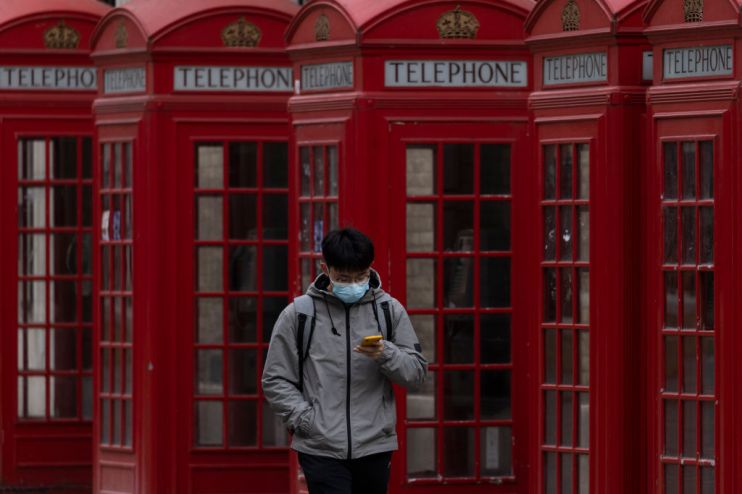Coy consumer ‘raises the risk’ of UK recession

The risk of the UK being thrown into a recession is building, according to closely watched forecasts published today that chime with the Bank of England’s recent contraction warning.
Households leaving their £180bn pandemic savings war chests largely untouched in the face of greater uncertainty “raises the risk of recession,” according to new forecasts by the EY Item Club.
The projections reflect a similar warning issue by the Bank of England last week, who said the UK economy will tip into a slow-burning recession as a result of consumers cutting spending in response to a once in a generation cost of living squeeze.
The economy will grow a shade over four per cent this year, a downgrade of 4.2 per cent from the EY Item Club’s previous forecasts in March.
However, there is a likelihood the UK will fall into a recession later this year if “consumer spending does not meet expectations, or if October’s energy price cap review results in a higher-than-expected rise in bills,” the EY Item Club said.
The consumer generates around £2 in every £3 of GDP in the UK.
An annual inflation rate of 6.7 per cent, the highest since 1991, will outrun earnings by 2.7 percentage points, the worst deterioration in living standards since 1977.
Inflation is already running at seven per cent, but the Bank thinks it will scale to just over 10 per cent this October.
In order to maintain spending, consumers will either have to raid their Covid-19 savings pots or borrow. Most economists have pegged their predictions on whether the UK tips into a recession on how quickly those savings are drawn down.
“Accumulated savings are not a panacea for the economy. There is a significant risk that consumers, faced with a sustained squeeze on their finances, may cut spending in response,” Martin Beck, chief economic adviser to the EY Item Club, said.
Swelling costs, greater geo-political uncertainty caused by Russia’s invasion of Ukraine and China lockdowns gumming up supply chains will deter some businesses from investing, dragging on growth this year.